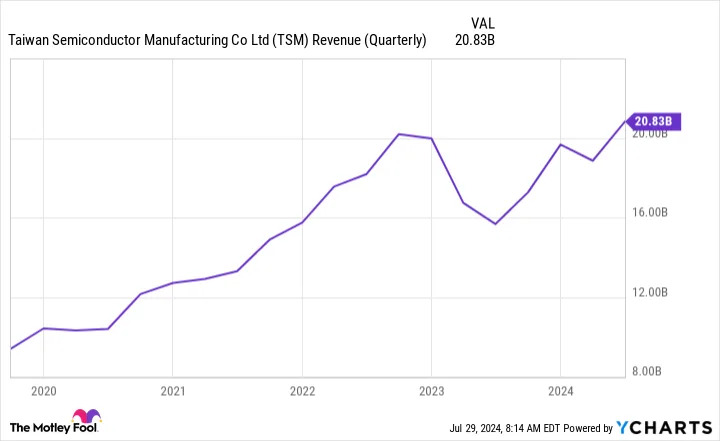This story was originally published on CFO Dive . To receive daily news and insights, subscribe to our free daily CFO Dive newsletter .
Corporate finance leaders facing tighter mandates on crypto holdings have received a one-year reprieve from the Internal Revenue Service that will make the 2025 tax year a little easier.
The IRS announced the temporary “transitional” relief in a New Years Eve notice that centers on the thorny matter it refers to as “identification,” which involves how individual and corporate taxpayers report and record which digital units they sell and transact to their brokers, which determines the cost basis.
The changes stem from regulations finalized last summer requiring certain taxpayers to let their brokers know at or before sales which units they were selling, and if they can’t do that the units sold would be accounted for on a first in, first out or FIFO basis, according to Miles Fuller, senior director of government solutions for TaxBit.
“It is kind of a safe harbor…so the reaction has been pretty positive,” Fuller said in an interview.
The notice stems from regulations, published in July, which require U.S. tax reporting of digital asset transactions by brokers and other intermediaries, according to a report from the law firm Mayer Brown. They are generally effective for transactions beginning in this year with the reporting beginning next year.
But with most brokers not ready to receive that identification instructions information from taxpayers, the IRS via the notice gave the crypto sellers two options, Fuller said. Taxpayers can pick a way to identify the crypto assets for each transaction or they can effectively choose a single method that they can use throughout the year and keep their own records on it. In addition to FIFO, these can include last in, first out or LIFO, or the highest in, first out method, or HIFO, he said.
Even though taxpayers don’t need to report the information to brokers thanks to the reprieve, they aren’t off the hook when it comes to record keeping which is not an easy task when it comes to crypto, he said. “You just need to keep the records yourself rather than being required to give that instruction to your broker,” Fuller said.
Specifying what assets are sold amounts to a big shift for the market, Fuller said. In the past, many people transacting in crypto handled their assets using an approach known as a universal pooling, he said. As such, when doing a gain or loss calculation for tax purposes, a taxpayer could effectively “play” with where the unit they sold had resided in order to minimize the cost basis and tax payments.
“There was really what you might think of as a choose your own adventure of tax filing. I could figure out which way was the best for me after the fact for taxes and then report that way,” Fuller said. “Taxpayers now need to be making the selection [of which units are sold] in real time during the year.”
Recommended Reading






